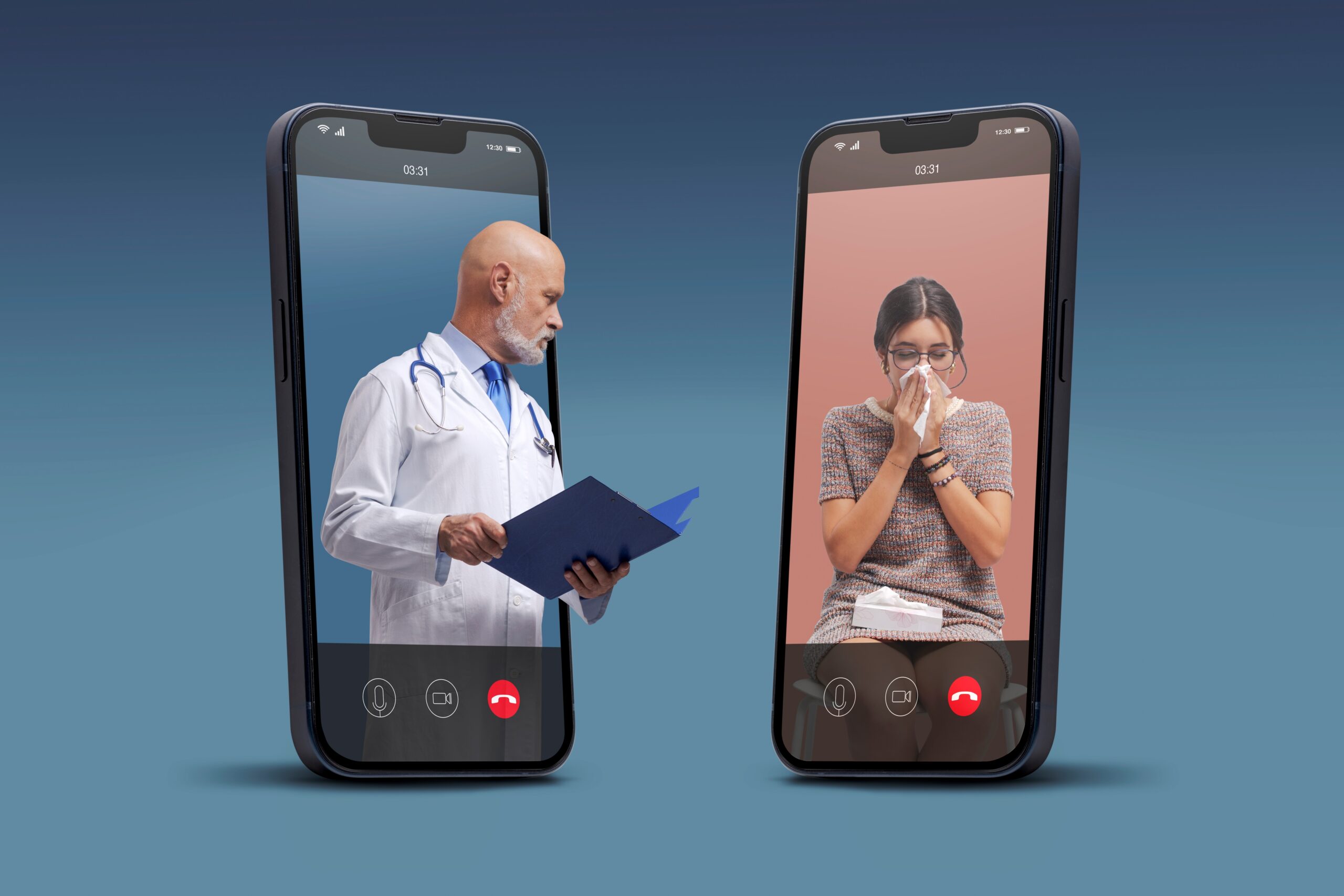In recent years, telemedicine has revolutionized healthcare delivery, offering convenience, accessibility, and efficiency to both patients and providers. However, as this innovative field continues to expand, it brings with it a complex web of legal regulations and considerations. Understanding telemedicine law is essential for healthcare practitioners, patients, and telemedicine companies alike, especially in states like Florida, where specific regulations are in place. In this blog post, we’ll delve into everything you need to know about telemedicine law, with a focus on Florida’s unique legal landscape.
What is Telemedicine Law?
Telemedicine law encompasses a wide range of legal issues related to the practice of medicine via electronic communication technologies. These laws govern everything from licensure and prescribing practices to patient privacy and reimbursement policies. Given the rapid evolution of telemedicine, laws and regulations are constantly evolving to keep pace with technological advancements and emerging healthcare needs.
Telemedicine Law in Florida
Florida, like many states, has enacted specific legislation to regulate telemedicine practices within its borders. The Florida Telehealth Act, enacted in 2019, provides guidelines for the practice of telehealth services, including telemedicine, in the state. Under this law, healthcare providers engaging in telemedicine must adhere to certain standards of care and licensure requirements.
Key Provisions of Florida Telemedicine Law
One of the key provisions of Florida’s telemedicine law is the requirement for a valid patient-provider relationship. This means that before providing telemedicine services, healthcare providers must establish a relationship with the patient through an in-person examination or a face-to-face evaluation via telemedicine.
Additionally, Florida law mandates that healthcare practitioners delivering telemedicine services be licensed in the state. This requirement ensures that patients receive care from qualified professionals who are held to the same standards as those providing in-person services.
Moreover, Florida telemedicine law places restrictions on prescribing medication via telemedicine, particularly controlled substances. Providers must adhere to stringent guidelines when prescribing medication remotely to ensure patient safety and prevent potential abuse or fraud.
The Role of Telemedicine Attorneys
Given the complex and evolving nature of telemedicine law, many healthcare providers and telemedicine companies enlist the expertise of telemedicine attorneys to navigate legal challenges and ensure compliance with state and federal regulations. Telemedicine attorneys specialize in advising clients on a wide range of legal issues, including licensure, reimbursement, fraud, and compliance.
Preventing Telemedicine Fraud
Telemedicine fraud is a growing concern within the healthcare industry, particularly as telemedicine usage increases. Fraudulent activities may include overbilling, improper prescribing practices, and billing for services not rendered. Telemedicine fraud attorneys play a crucial role in investigating and prosecuting fraudulent activities, protecting both patients and legitimate providers from harm.
In conclusion, telemedicine law is a complex and rapidly evolving field that impacts healthcare providers, patients, and telemedicine companies alike. In states like Florida, specific regulations govern the practice of telemedicine, emphasizing the importance of compliance and adherence to legal standards. By staying informed about telemedicine law and enlisting the assistance of telemedicine attorneys when necessary, stakeholders can navigate legal challenges and ensure the delivery of safe, effective, and compliant telemedicine services.









